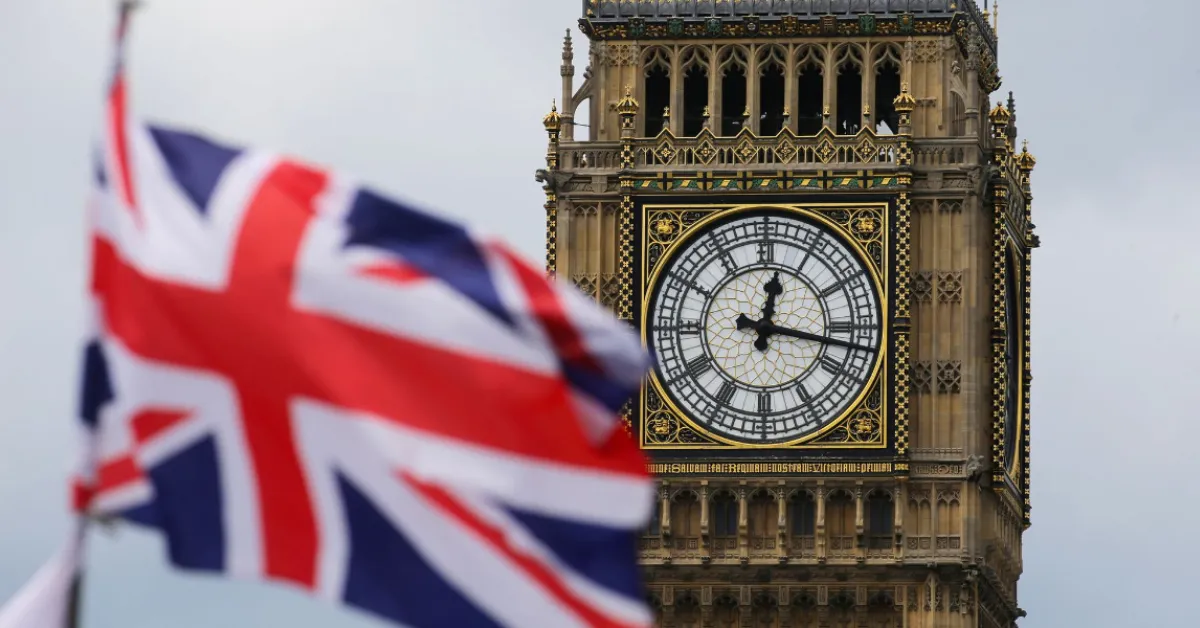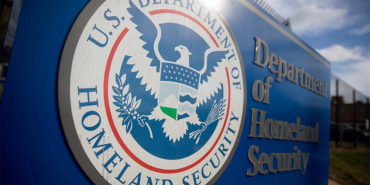Kenyan Diaspora in the UK Struggles with Disunity, Hindering Collective Growth

A critical examination reveals deep fractures within the Kenyan diaspora community in the United Kingdom, jeopardising its collective advancement.
Contrary to the ideal of communal support, the community faces significant challenges stemming from mistrust, competition, and a reluctance to share vital resources. The disunity hinders its ability to wield significant cultural, political, and economic influence in the UK. A prevailing scarcity mindset fuels this discord, manifesting in the hoarding of information and opportunities.
A prime example is the exploitation surrounding the Certificate of Sponsorship (COS) visa process, a vital pathway to employment and stability for many immigrants. Instead of providing ethical support, some individuals within the community have capitalised on the system, prioritising profit over the well-being of their fellow Kenyans. This has resulted in exploitation, misinformation, and undue financial burdens, further straining the already fragile network.
The consequences of this behaviour are far-reaching. New arrivals often struggle to navigate the complexities of life in the UK, facing avoidable hardships due to the lack of mentorship and support from established members. Long-term residents find it challenging to establish robust generational enterprises or cohesive community support systems, stifling economic growth and collective prosperity.
In stark contrast, other diaspora communities, such as the Jewish, Indian, Chinese, and Filipino groups, demonstrate the power of mutual aid. These communities prioritise unity, financial collaboration, and knowledge sharing, fostering environments where individual success contributes to collective advancement. This approach has enabled them to establish strong networks, build successful businesses, and exert considerable influence within their respective host countries.
The Kenyan diaspora's disunity extends even to religious circles, where fragmentation hinders the creation of robust, well-resourced congregations. Instead of pooling resources, the proliferation of small, struggling churches exacerbates divisions, undermining faith's potential as a unifying force.
The long-term ramifications of this disunity are significant. The lack of a strong support system weakens the diaspora's political advocacy, diminishes its economic clout, and limits opportunities for younger generations.
The absence of mentorship and the prevalence of self-interest create a cycle of inequality, hindering the community's overall progress and preventing it from realising its full potential. Experts emphasise that a fundamental shift in mindset is essential to reverse this trend. Prioritising communal advancement over individual gain, sharing knowledge and resources, and fostering trust are crucial steps towards building a stronger, more cohesive diaspora.














Comments
The original Name for Kenya…
Permalink
The original Name for Kenya Seems to Have been CAINan. *Cain reLocated to the East African area After killing Abel (due to Jelous; Wivu). Kenyans! Kenyans!!! Cainans! Cainans!!!😇
The only areas of…
Permalink
The only areas of cooperation in diaspora should be in is mentorship and fundraisers, get together holiday or cultural events and maybe savings and investment funds events. Those can be facilitated by diaspora committies and set up financial instruments.
Those are the main areas of concern
Add new comment